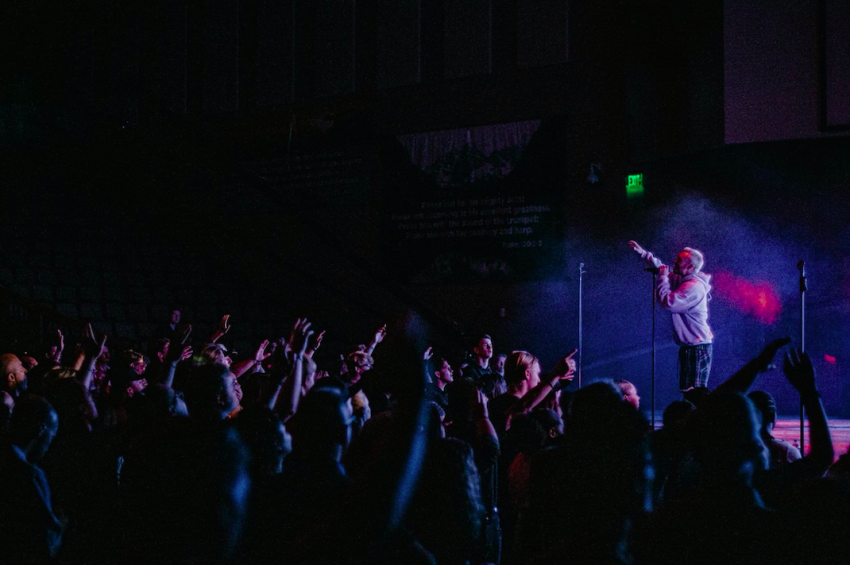Majority of Gen Z reject organized religion though most are spiritual or religious: study

While most young people ages 13 to 25 say they are religious or spiritual, a majority have no formal ties with any particular religious community and are choosing instead to create self-driven pathways of faith for themselves using multiple religious and non-religious sources, according to a new study from the Springtide Research Institute reveals.
The study, The State of Religion & Young People 2021: Navigating Uncertainty, released this month, explores reasons for the disconnect between young people and traditional religious institutions in times of uncertainty, and shows how they are seeking solutions to that disconnect through a concept researchers have called “Faith Unbundled.”
“An analogy may help to illustrate Faith Unbundled. Think of how music streaming services like Pandora or Spotify unbundle albums: a person can enjoy specific tracks without buying the whole album. Someone can create their own playlists by ‘unbundling’ a variety of albums and ‘bundling’ songs from these many albums and artists to their liking rather than the musician’s original grouping,” the researchers explained. “In essence, young people with unbundled faith will partake in religion, including practices, beliefs, and communities, to the degree that suits them, with no formal or permanent commitment.”
The data from the study reflects a full year of research, including more than 10,000 surveys asking questions about young people’s beliefs, practices, behaviors, relationships, and qualitative interviews about the same themes.
The study found that many young people who identify with a religion aren’t members of any spiritual or religious community and many were constructing their own religious or spiritual pathway through unbundling.
Of the respondents in the study who identified as Protestant, only 68% of them said they were a member of a spiritual or religious community. Among Roman Catholics that number dropped to 56% and among Mormons it was 55%. Among respondents who said they were “Just Christian” — a group that rejected affiliation with every organized Christian group — only 52% said they were a member of or participated in some kind of religious community, while 48% said they did not.
And white religious young people were more likely than any other racial cohort to not participate in any kind of organized religion. Only 42% or white respondents said they were involved in a religious community, while 58% said they were not. That number was slightly lower among Hispanics. Some 41% of respondents said they participated in a religious or spiritual community while 59% said they did not. Only black Americans and Asian Americans had a slight majority of respondents saying they participated in some kind of religious or spiritual community.
While 71% of respondents consider themselves to be at least slightly religious or spiritual (78%), the data further show that many young people prefer to confide in their family and friends first, not religious institutions during times of uncertainty or difficulty.
The study showed that twice as many young people turn to family, 49%, and friends, 55%, in times of need than any other relationship. They turned to “no one” in a time of uncertainty as often as they turned to someone from a religious community.
“For years now, religious leaders have been paying attention to the wrong things when it comes to understanding young people,” Josh Packard, executive director of Springtide Research Institute, said in a statement on the study, highlighting the complex nature of faith for the young.
“The old categories just aren’t useful. We have to start looking at who they really are, what they believe, and how they form their identities, not just paying attention to which box they check on one question of a survey.”



























